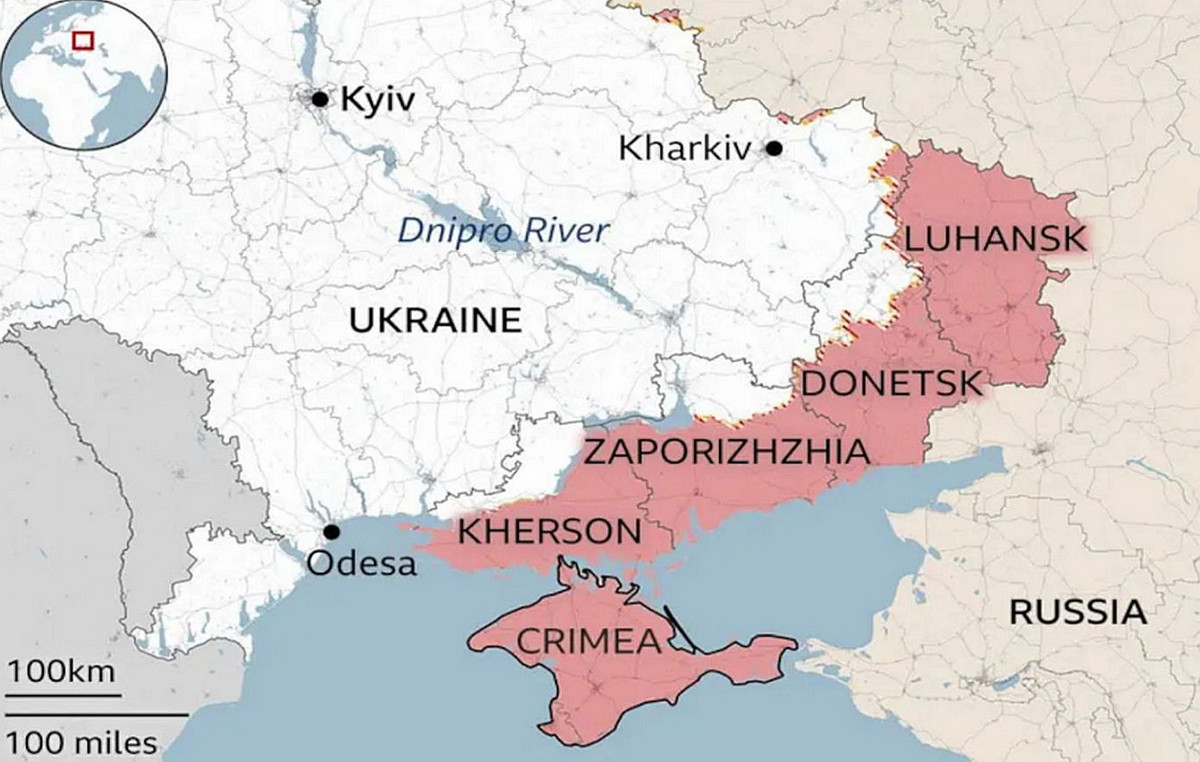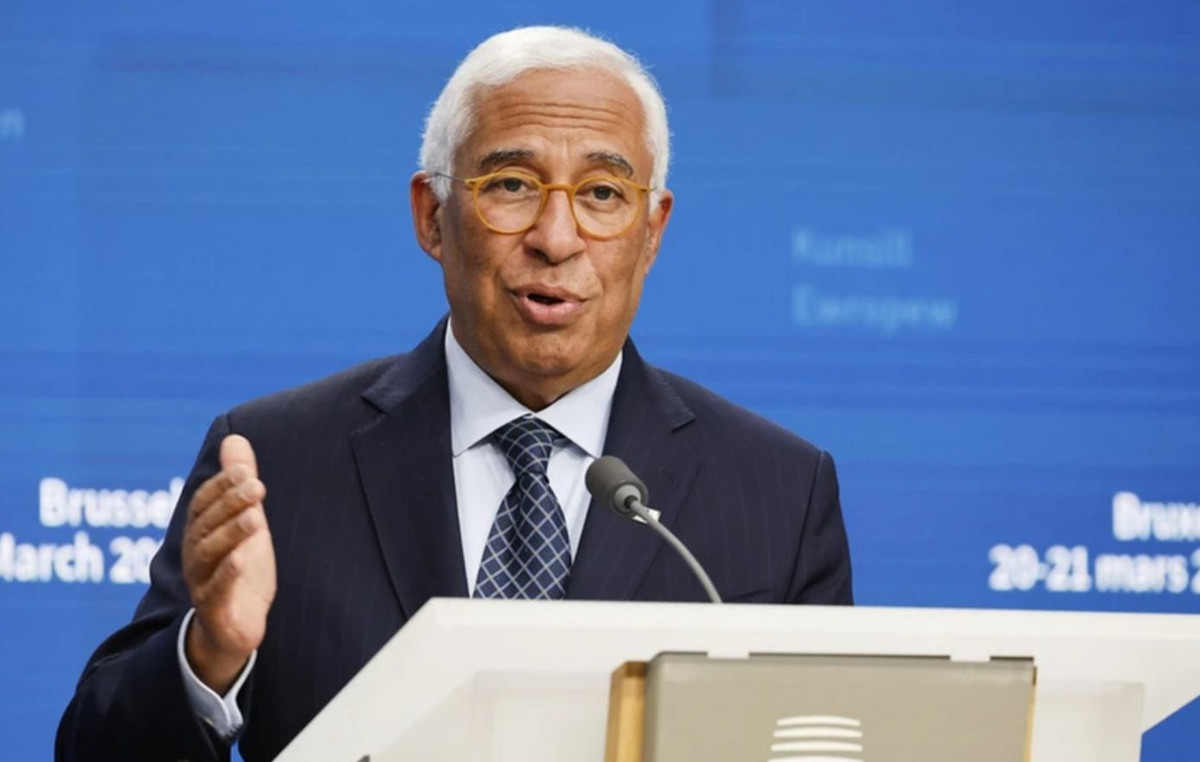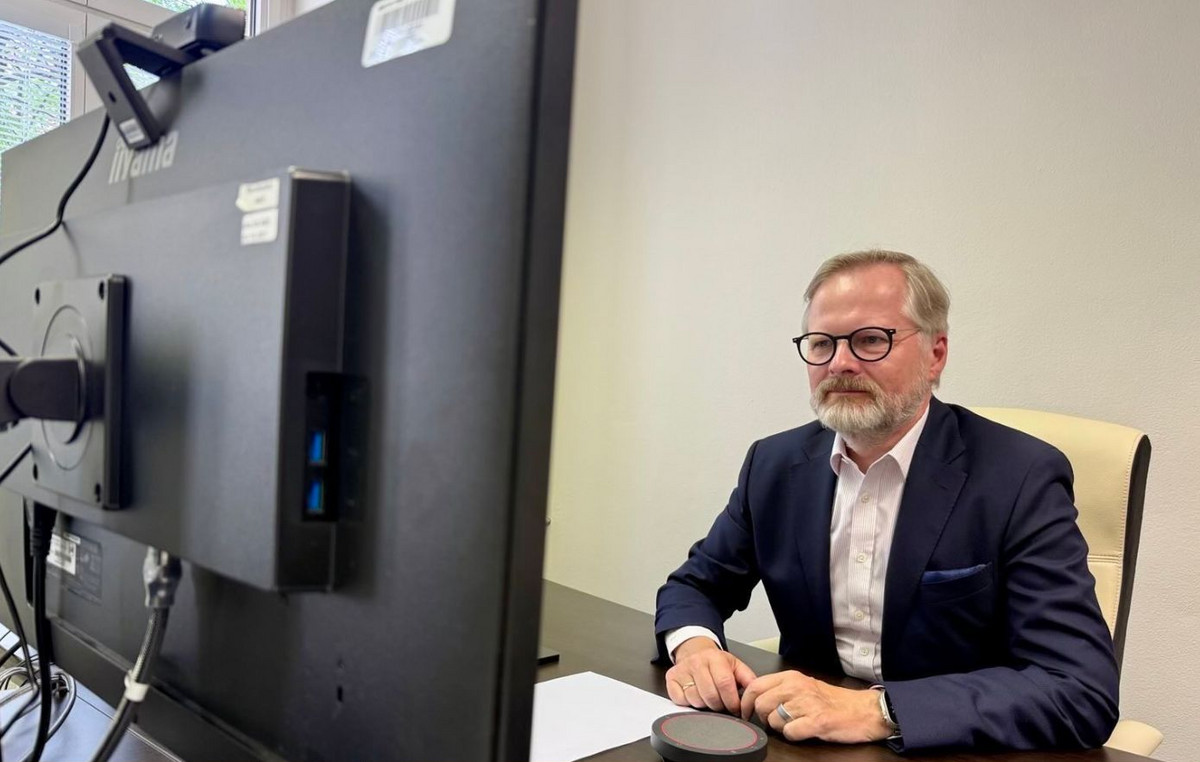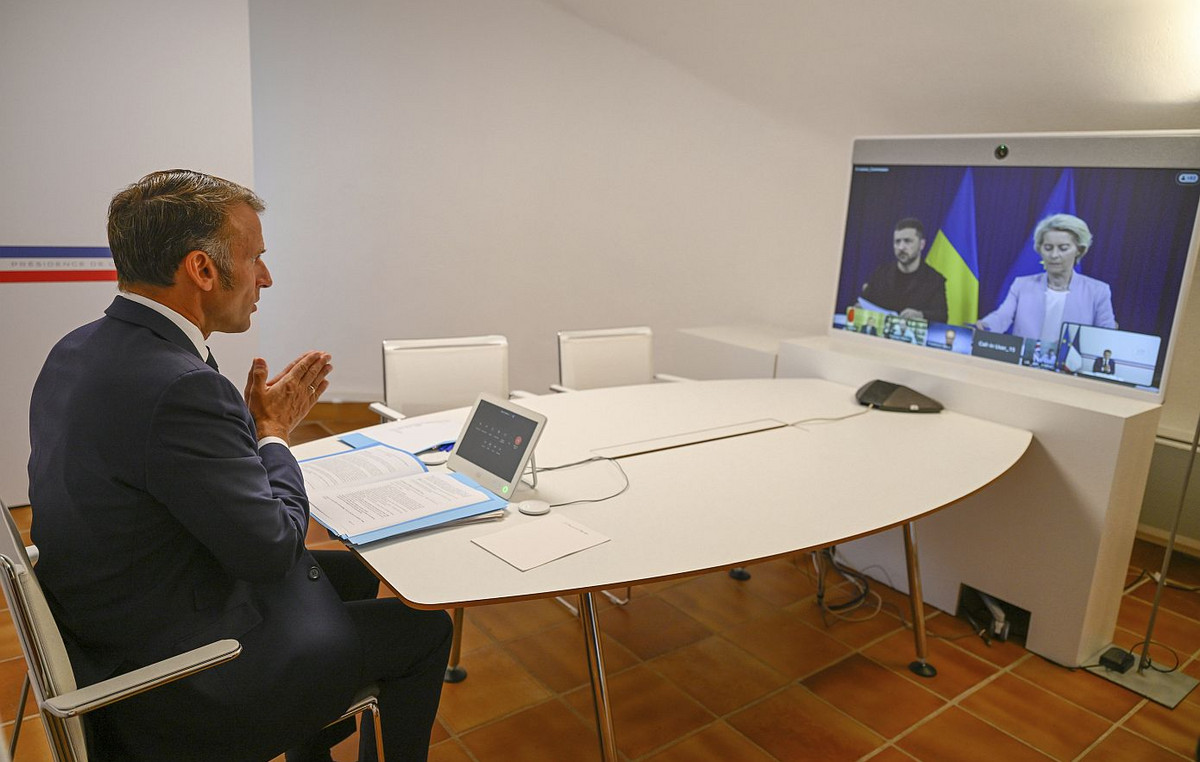A young man discovered he was the victim of a illegal adoption and found his biological parents after 28 years. João Mallmann told his story in dozens of videos on social media, where he denounced a life of lies and aggression .
The 28-year-old doctor lives in Curitiba, Paraná, and is at the end of his medical residency in urology. He decided to obtain Portuguese citizenship in December 2023, when he discovered several inconsistencies in the family documentation .
Mother’s age and past relationships the deaths of his grandparents, the existence of other relatives and his own origins were some of João’s discoveries right from the start.
The young man, who previously identified himself as João Dias, denounced his relationship with his adoptive parents and each stage of the journey for his biological parents and for unravel the lies made by your parents throughout your life.
Read below the story told by the young man online, in a series of videos called “That’s how I discovered that my family was very dirty” . João published the videos during the month of October.
First inconsistencies
In December 2023, the young man went to a registry office during the process of obtaining citizenship and obtained his parents’ marriage certificate. “When I picked it up, I came across a lots of inconsistencies about things that my parents told me, that when I read the document I didn’t agree.”
His mother appeared to be 9 years older in the document. His parents were married in 2006, 10 years after his birth. “They said they were trying to get pregnant four years before I was born and they were married,” João reported.
According to the young man, they also lied about their residence address on the certificate. Furthermore, he saw the names of his maternal grandparents for the first time. “She spoke little about her parents, especially that they had died before I was born. But, they died in 2011 and 2020 my grandfather and my grandmother”, he revealed.
João also said that his mother said she was an only child, but she had five brothers . She was also divorced and told her son that “your father was the only man in my life.”
“All of this generated a red alert in my head, there’s something going on here and I’m going to find out,” he said.
Meeting of “adopted” uncles
The search for relatives began with adoptive family uncles who were alive. To have more repertoire in the story, he found his mother’s old marriage certificate from 1982. João talks about suspicions of adoption since he was little.
“I always thought there was something strange going on. Since I was a child, I asked if I was adopted and they promptly answered no. But I always felt different in personality, I always thought I was very different from them “, he stated.
João hesitated for a few days about the best way to contact his uncles. Despite his anxiety, the young man said that the answer couldn’t have been better . “One of the aunts said ‘of course I want to talk to you and know that I have a nephew’. This gave me a glimmer of hope to have something I always wanted, to have a family.”
The doctor revealed a toxic and aggressive environment inside with their adoptive parents. “There was never emotional support, I felt completely alone in that family. My childhood was not good at all, they treated me very badly, I was beaten a lot, my father drank a lot when I was a child.”
He also said that his mother did several fatphobic insults like “you’re so fat you’re going to need a crane to lift you up.” “I have many reasons to believe that she has a personality disorder,” he added.
Why?
João questioned his uncles why his mother did all this. “All the uncles said, ‘I don’t know.’ She had gotten divorced and said she was going to move to Paraná, but never got in touch again. Everyone tried to find her, but they couldn’t, it was a very humble family”, he lamented.
The family even found João’s mother in 2020, through a cousin, but decided not to make contact because they thought she wouldn’t want to be contacted. They found out about the doctor’s existence, but decided to keep their distance.
“I didn’t deserve to have to go through this, no child. I don’t deserve . But there is one very positive thing, that I gained a family. Everyone was very happy”, said João.
In conversation with his relatives, João discovered other problems his mother had, such as her treatment of the family and said he free from not belonging that family nucleus. The man also talked about when he decided to confront his adoptive parents with the discoveries.
“My mother hadn’t spoken to me in five years. I tried to talk to them and it was a horrible conversation. I was very humiliated, my father attacked me, but didn’t actually hit me. I was very sad, angry and anxious. My father started telling others that I was a “drug addict” and a liar.”
Some evidence that made it clear to João that he had been illegally adopted was a photo album of his birth and obtaining his birth certificate. The young man registered with DNA banking platforms to try to find his biological family.
Father’s meeting
The first results were compatible with many relatives, but all from much earlier generations. Even so, he got together with two friends and started riding family trees to find connections.
He found a relative, Adam Mallmann. “We asked each of his relatives if there was any family history of a child who was given, donated adopted, lost or stolen”.
The trio arrived at a biological uncle who coincidentally indicated a João’s biological brother. The brother said that the family was from Rio Grande do Sul and lived in the city of Turvo, in the north of Paraná.
It was also revealed that his father, in 1995, had a extramarital relationship with an employee of the farm where they lived. “That’s how I came into the world.” After a DNA test, paternity was confirmed.
The father said that João’s mother went to Guarapuava (PR) in 1996, where the young man already knew he had been born, to have the pregnancy. “It is very worthy to know where I came from, know who I am.”
On October 24th, the doctor shared the change of his surname on social media from Dias to Mallmann. “It’s about not being Dias. Not belonging to a cycle that I don’t admire. Dias ended up becoming a synonymous with violence in my life.”
Mother’s meeting
John found out about the first information from his father. But, after one of her friends published her searches online, a user commented the same story that her father had told her: it was her sister.
“She didn’t know about my existence”, said João. After an initial hesitation, the sister made the decision. bridge between João and mother who spoke first on the phone.
“I don’t need the (DNA) test to have I’m sure it was my mother. Everything she said matched what my father said,” he said in a video. The mother told her son that she was unable to raise him when he was born.
“She said, ‘When I was born, there was nowhere to take me. I couldn’t afford to raise a child at that moment. I would never have given you in my life if the obstetrician and the day nurse hadn’t told me that day that there was a great couple wanting to adopt you.”
According to João, his mother suffered a lot and spent nights crying for the lack of her son. She confirmed the young man’s date of birth as January 19, 1996.
“She said she was very proud of me. And I spent my whole life trying to make my adoptive mother proud of me. And the The feeling of never being enough is desperate.” said the very emotional young man.
At the end of the series of videos, the doctor still shared a great feeling of happiness. “For those who didn’t have any family, I have parents, who gave me brothers, nephews and part of my adoptive family. For a child who spent his entire childhood feeling alone, I I will never be alone again.”
THE CNN tries to contact the defense of João Mallmann’s adoptive parents for a position.
This content was originally published in Young man discovers illegal adoption after obtaining Portuguese citizenship and finds parents after 28 years on the CNN Brasil website.
Source: CNN Brasil
I’m James Harper, a highly experienced and accomplished news writer for World Stock Market. I have been writing in the Politics section of the website for over five years, providing readers with up-to-date and insightful information about current events in politics. My work is widely read and respected by many industry professionals as well as laymen.







